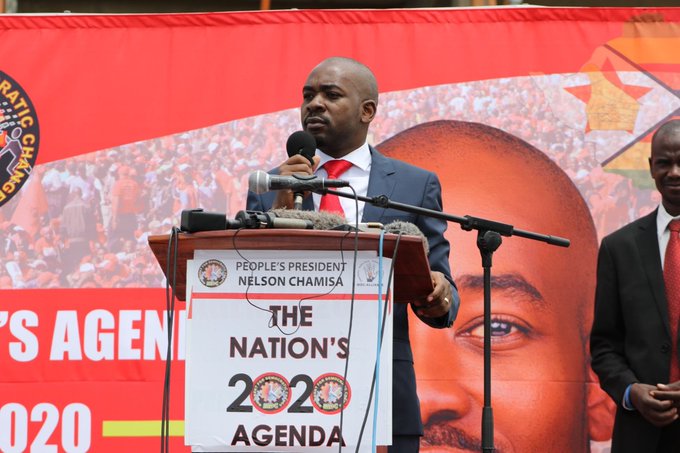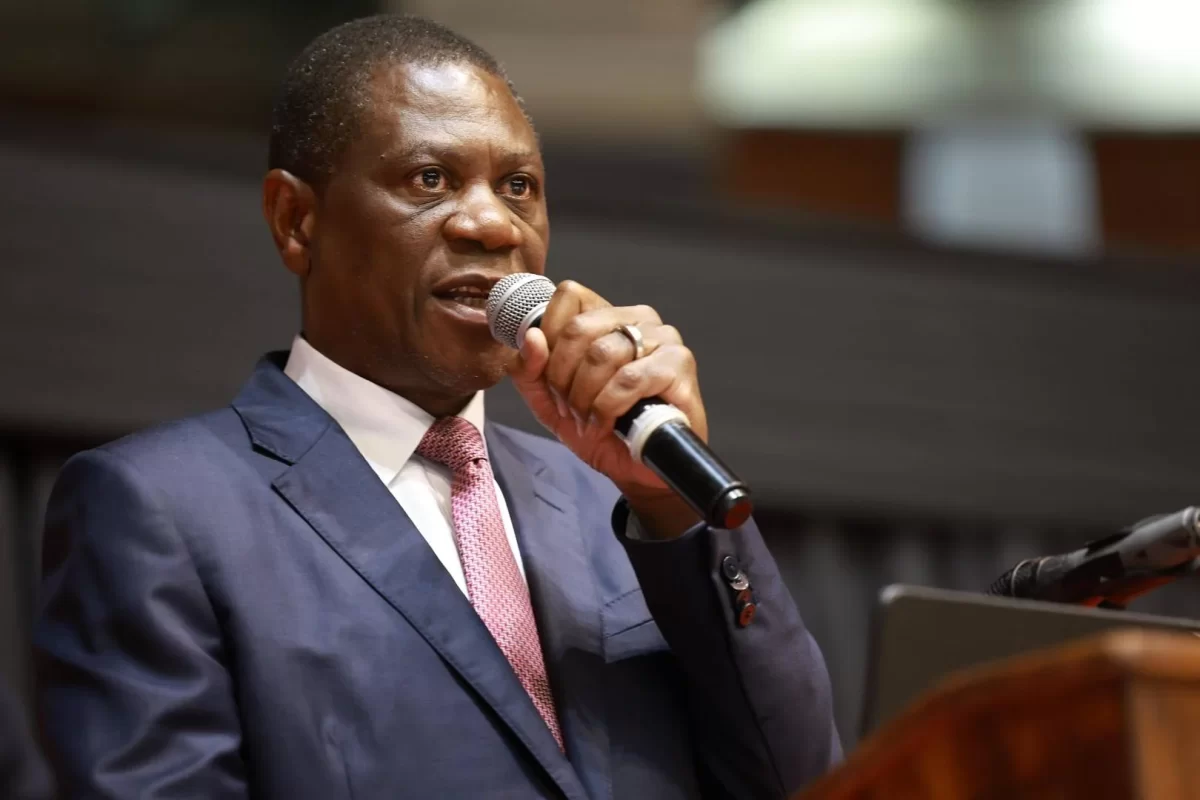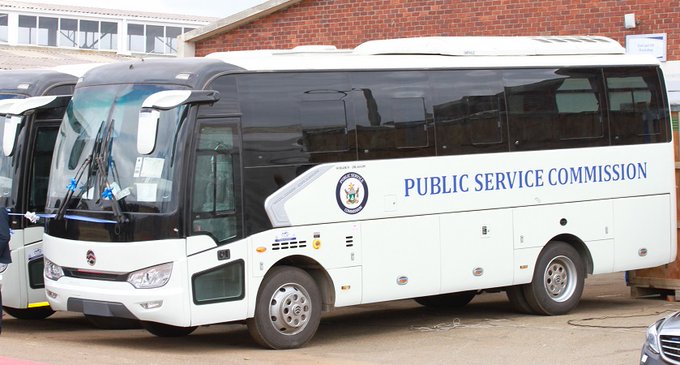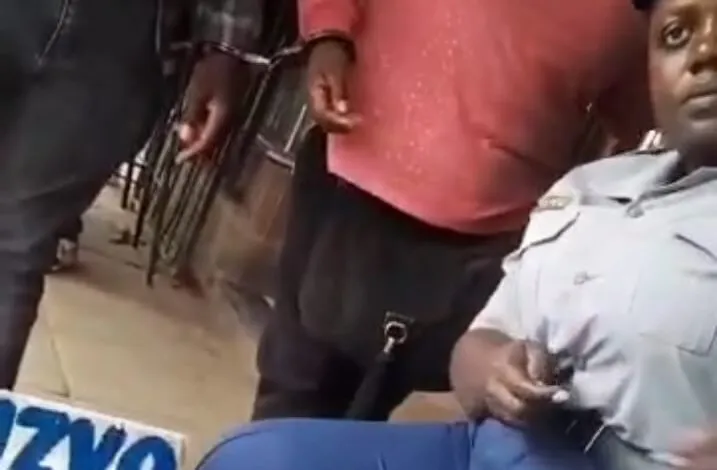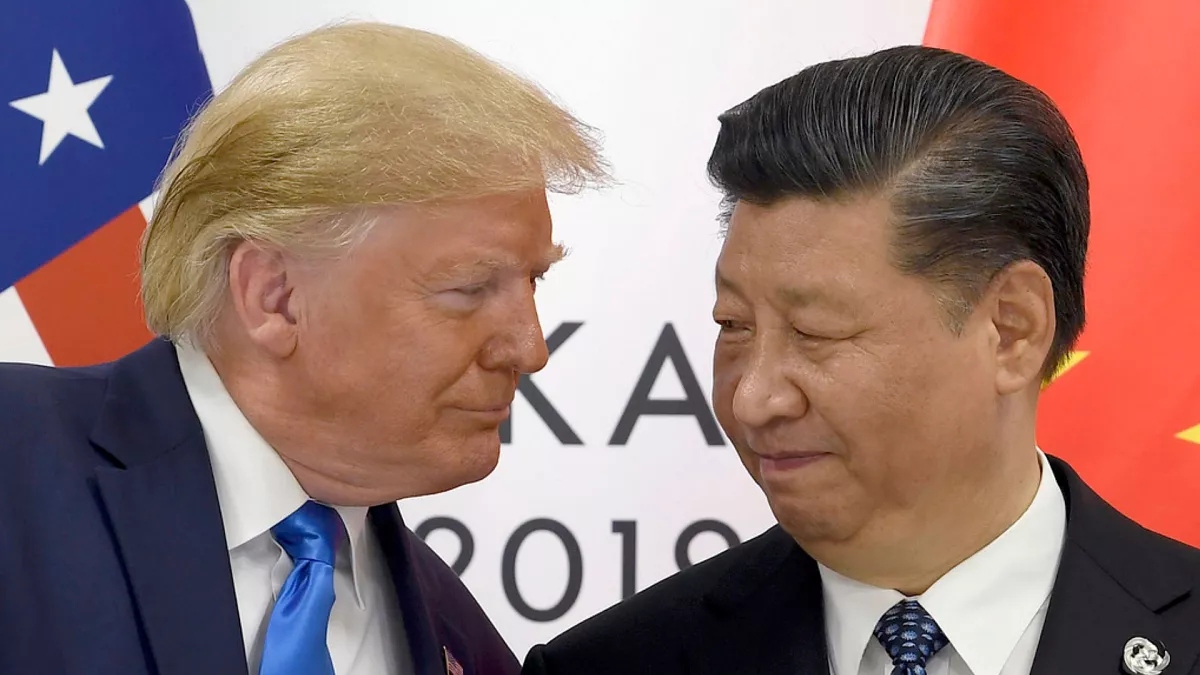HARARE – MDC leader Nelson Chamisa on Tuesday warned his supporters to prepare for more demonstrations to force political and economic change in a country lurching from one crisis to another.
Chamisa addressed thousands of supporters in Mbare township at a rally that had previously been barred by authorities, who cited security concerns.
Officials gave the go-ahead on Tuesday after stopping it earlier this month saying they were too busy to police the rally.
Police were absent from the venue, but officers stood in clusters along the road leading to the grounds of Stoddart Hall, once a popular venue for political meetings that gave birth to nationalist movements during colonial rule.
In November, riot police fired tear gas and beat opposition supporters after barring Chamisa’s planned address to his supporters outside the party headquarters in the city centre.
“The constitution allows (us) to demonstrate when we feel it’s necessary. So this is going to be a year of demos and action,” Chamisa said.
“There is no gun that is able to stop you, there is no politician that is powerful enough to stop you, so Zimbabweans always remember your rights (to protest).”
Zimbabwe is in the throes of an entrenched economic crisis that has rendered basic goods out of reach for most people whose earnings have been wiped out by galloping inflation – one of the highest in the world.
The worst drought in 40 years has added to the misery of Zimbabweans with more than half of the country’s 15 million people now facing food shortages.
Chamisa, who narrowly lost to President Emmerson Mnangagwa in the disputed 2018 elections, told his followers that he was prepared to negotiate with his political opponent to find a solution to the crises confronting the country.
He dismissed current talks between the government and 19 of the smaller parties that lost the 2018 poll, as a sideshow.
Chamisa said he was ready to suspend his insistence on Mnangagwa’s illegitimacy, if that would clear the path for “genuine dialogue”.
“We have not said it’s a precondition, but it’s a necessary issue on the agenda,” Chamisa said.
“We want genuine dialogue. The dialogue must be scaffolded and underwritten by a credible mediator. This dialogue must be a dialogue not about power, not about positions, but about vision, principles and the future of our country so that we have a shared future, a shared pathway.”
Chamisa said he was under pressure from his supporters to become more militant in dealing with Zanu PF repression, but he maintained that all wars end at the negotiating table.
“I have extended the hand of peace; I have extended the hand of rapprochement; I’ve extended the hand of dialogue to say for this country to move on, it takes two to tango. We must resolve all the issues of reforms that are necessary to move the country forward,” he said.
“Even if we go to war, we will end at the negotiating table. There cannot be any endeavour that doesn’t culminate in dialogue. Why can’t we just save lives and dialogue?”
Telling supporters that Zimbabwe is at a “crossroads”, Chamisa warned that there may come a time – if his calls for dialogue are ignored – when Zimbabweans will take matters into their own hands.
“The reality on the ground is that more than two years after November 2017, and more than 18 months after the July 30, 2018, election, time is running out for Zimbabwe,” Chamisa warned.
“Impatience engulfs the nation and the real danger is that all and sundry will be engulfed by forces and processes that are intolerant to the continued reproduction of the terrible status quo.”
He said the signal for Zimbabweans to go into the streets was “in your pockets, stomachs and the lives that you are living.”
“Power is yours. There’s nothing that can stop 15 million people who are united,” he said.
Since Mnangagwa took over following the 2017 coup that deposed long-time ruler Robert Mugabe, Zimbabwe has sunk deeper into a political and economic quagmire.
The government has been accused of harassment and abduction of opposition members and human rights defenders on a scale not seen before.
Efforts to re-engage with the Western countries have also failed to bear fruit. Chamisa cited Zimbabwe’s failure to be invited to the UK-Africa Investment Summit held in London this week, as a sign that the country’s re-engagement efforts have been unsuccessful.

